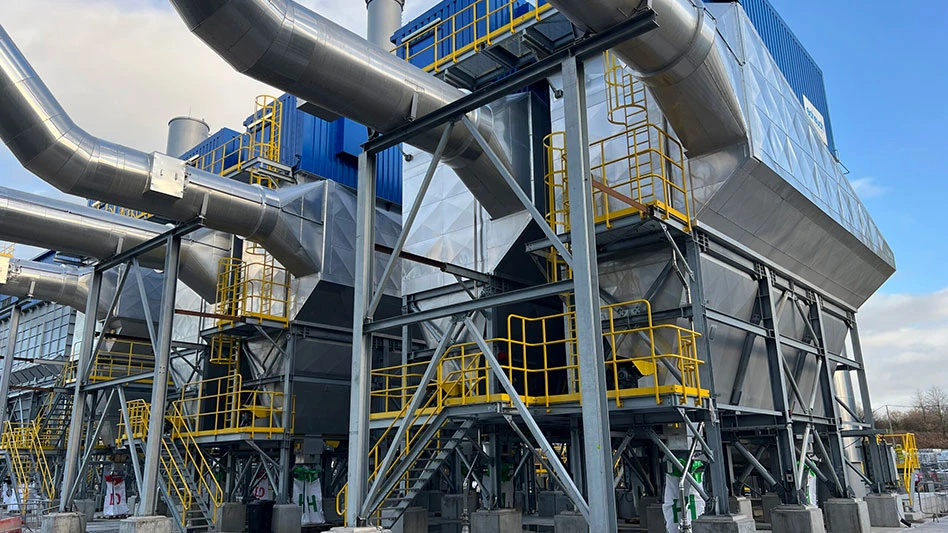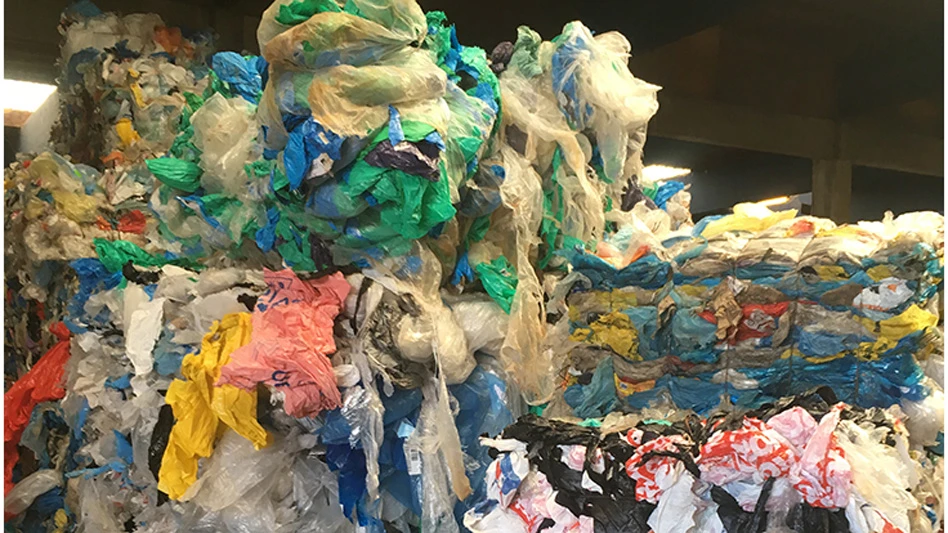
Photo courtesy SWANA
The Solid Waste National Association (SWANA), Silver Spring, Maryland, has released a report analyzing “recycle right” programs, their financial impacts on local governments and their effectiveness. The report, “Encouraging Better Curbside Recycling Behaviors,” follows the Applied Research Foundation’s (ARF) report released in March, “Reducing Contamination in Curbside Recycling Programs,” which addressed curbside recycling contamination.
“The new SWANA ARF report is a powerful tool for local governments assessing how to improve their recycling programs and reduce contamination,” says David Biderman, SWANA executive director and CEO. “With the recent issuance of EPA’s (Environmental Protection Agency’s) National Recycling Strategy and its identification of reducing contamination as a key objective, the report is particularly timely. SWANA will be working closely with EPA and other recycling stakeholders to implement the strategy, using some of the lessons learned from this report.”
The report highlights findings from other studies regarding the cost-effectiveness of curbside recycling programs and how to improve them. For example, The Recycling Partnership recommends that communities implement five strategies to reduce curbside recycling contamination. This includes cart inspection and tagging, contaminated cart rejection, direct mailing and general advertising.
SWANA’s report also includes case studies of communities such as Mecklenburg County, North Carolina, and Snohomish County, Washington, and how they improved recycling through outreach programs.
“SWANA would like to recognize and thank the organizations that comprise the ARF’s Sustainable Materials Management (SMM) research group that identified and voted on this topic as well as supported and assisted in the research,” says Jeremy O’Brien, SWANA director of applied research.
The full report is currently only available to SWANA ARF subscribers. SWANA members receive free access to the report one year after publication. To learn more about the report and to download the executive summary, click here.
Latest from Recycling Today
- Lummus Technology invests in tire recycling solution from InnoVent Renewables
- WM plans $88 million recycling facility redevelopment in Florida
- Nonferrous markets start 2026 in dramatic fashion
- Novelis names chief operating officer
- Cards Recycling, Live Oak Environmental merge to form Ecowaste
- Indiana awards $500K in recycling grants
- Atlantic Alumina partners with US government on alumina, gallium production
- GP Recycling president retires





